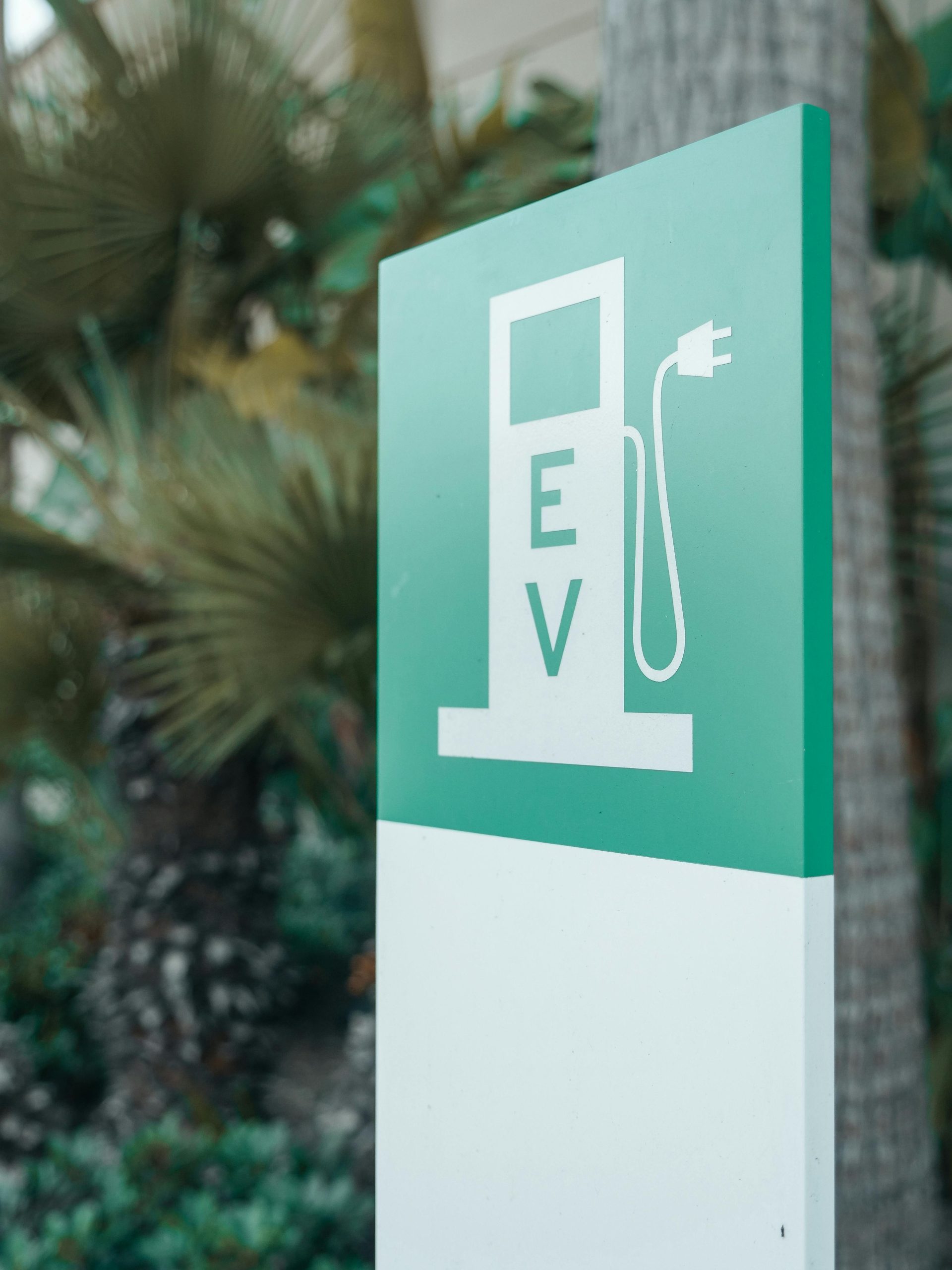Should You Worry About EV Battery Lifespan?
With the rapid rise of electric vehicles (EVs), one of the most common concerns among potential buyers is: How long do EV batteries last? Will they degrade like smartphone batteries, leading to a major drop in range?
The truth is, modern EV batteries are far more durable than most people assume. According to official Tesla data, a Model S or Model X retains about 88% battery capacity even after 200,000 miles (320,000 km). Moreover, industry research shows that the average EV battery degrades at a rate of just 1.8% per year, meaning it can still retain around 82% capacity after a decade.
This article explores how long EV batteries actually last, what affects their lifespan, and how you can maximize battery longevity.
1. Real-World EV Battery Lifespan: What the Data Says
1.1 Tesla’s Battery Performance: Better Than Expected

Tesla has been monitoring the battery degradation of its vehicles, and the results are impressive:
- After 100,000 miles (160,000 km), Tesla batteries retain about 90% of their original capacity.
- After 200,000 miles (320,000 km), the battery still holds around 88% capacity.
This means that even after years of driving, a Tesla’s battery still delivers near-new performance.
1.2 Industry Averages: Most EV Batteries Last Over 10 Years
According to a Wired report, most modern EVs experience an average battery degradation rate of 1.8% per year. This translates to:
- 91% capacity remaining after 5 years
- 82% capacity remaining after 10 years
Even after a decade, an EV still offers plenty of range, making battery lifespan much less of a concern than many people think.
2. What Factors Affect EV Battery Lifespan?
2.1 Charging Habits: Fast Charging vs. Slow Charging
- Fast Charging (DC Charging): High-power charging generates more heat, which can accelerate battery degradation over time.
- Slow Charging (AC Charging): Gentler on the battery and recommended for daily use.
2.2 Temperature: Extreme Weather Impacts Battery Life
EV batteries are sensitive to extreme temperatures:
- High temperatures (>95°F or 35°C): Accelerates chemical reactions inside the battery, leading to faster degradation.
- Cold temperatures (<32°F or 0°C): Temporarily reduces range, but does not cause permanent damage.
2.3 Battery Management: Avoid Deep Discharges
Studies show that keeping the battery charge between 20% and 80% can significantly extend lifespan. Frequent deep discharges (below 10%) or leaving the battery at 100% for long periods can accelerate wear.
3. How to Extend Your EV Battery Life
3.1 Follow Smart Charging Practices
- Use slow charging (AC) for daily use; limit fast charging.
- Avoid letting battery levels drop below 10% and try to stay between 20%-80%.
- Keep battery at ~50% charge when storing the vehicle for long periods.
3.2 Adapt to Climate Conditions
- In hot climates: Park in shaded areas and use battery cooling systems.
- In cold climates: Preheat the battery before driving to improve efficiency.
3.3 Rely on Advanced Battery Management Systems (BMS)
Most modern EVs use Battery Management Systems (BMS) to optimize battery health. Tesla’s BMS, for instance, automatically stops charging once the battery reaches 100%, preventing overcharging.
4. Real-World Cases: EV Batteries Outlast Gas Engines?
4.1 Tesla Model S: 400,000 Miles with 80% Battery Capacity
A German Tesla owner, Hansjörg Gemmingen, drove his Model S over 400,000 miles (640,000 km), and the battery still retained 80% of its capacity.
4.2 Nissan Leaf: Early Models vs. Modern Improvements
The 2011 Nissan Leaf suffered from rapid battery degradation, with some models retaining just 60% capacity after 8 years. However, newer versions with liquid-cooled batteries maintain over 80% capacity after the same period .
5. Final Thoughts: Should You Worry About EV Battery Lifespan?
✅ Key Takeaways: EV Batteries Are More Durable Than You Think
- EV batteries typically last over 10 years, retaining 80%+ capacity.
- Following smart charging habits can significantly extend battery lifespan.
- Modern battery technology has improved longevity, reducing concerns over degradation.
📌 My Opinion: Battery Lifespan Is No Longer a Dealbreaker
Many early concerns about EV battery degradation stemmed from older models with outdated battery technology. Today’s EVs feature advanced battery management and cooling systems, ensuring long-lasting performance that rivals traditional gasoline engines.
📢 What’s Your Experience?
Have you ever worried about EV battery lifespan? If you own an EV, how has your battery performed over the years? Share your thoughts in the comments and don’t forget to share this article with others!







